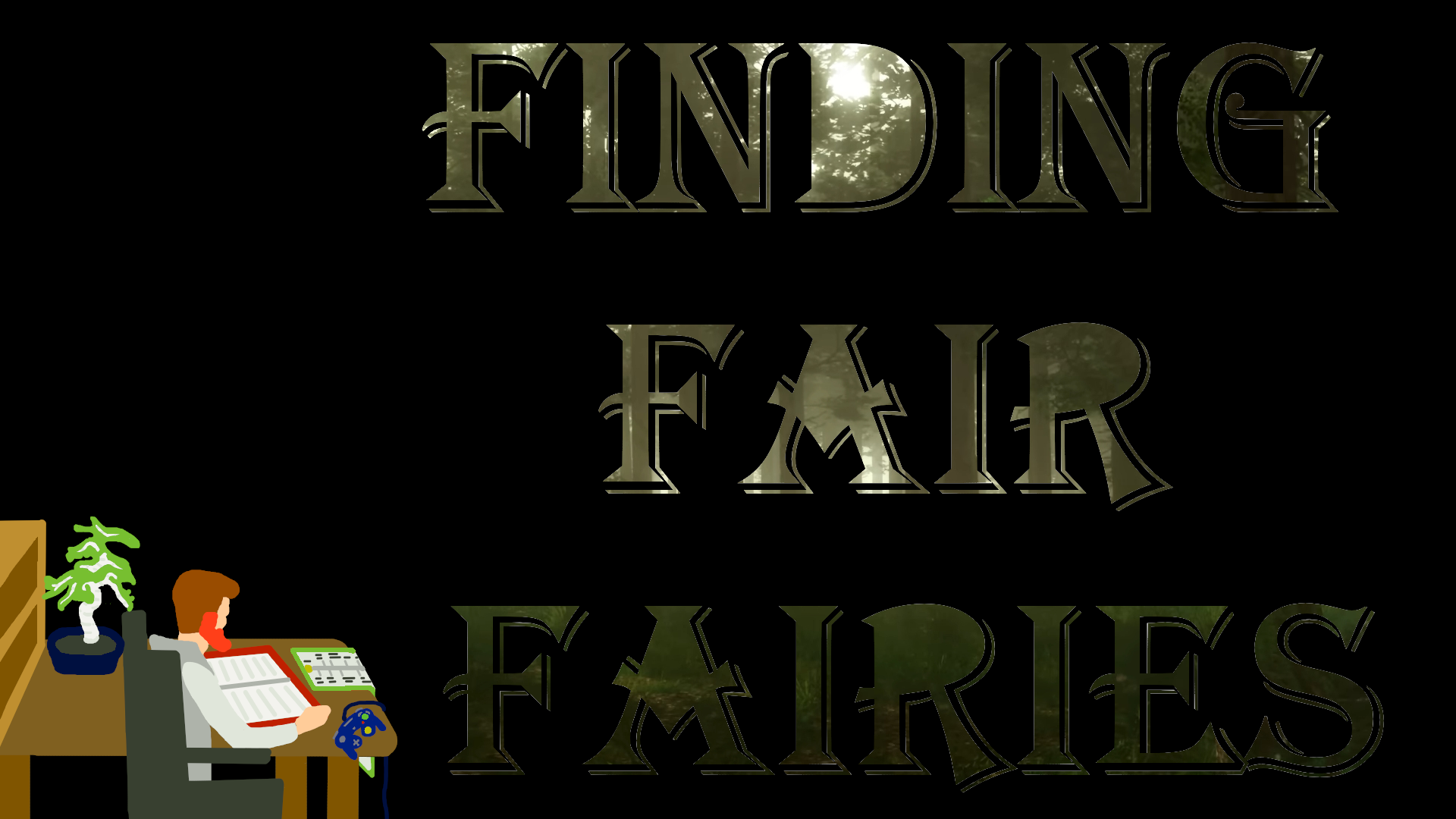Video Link for The Making of: Oaks of Zion
Thinking, writing, and speaking are the same, and practicing any form of writing helps improve your thinking. That mental training is why the average person would want to practice poetry. For writers, there is a secondary benefit. Committing to writing tons of novels is very time-consuming. Short stories and poetry allow you to practice ideas and concepts with minimal time commitment. Refining a short story or a poem teaches many lessons in a short time. Lessons that might take years to learn with novels can be understood in less than a week with poetry and short stories.
One of the books I am writing is A Botanist’s Feild Guide for Genesis, where I talk about the plants in the religious text and how our understanding of the plants in that time changed or altered our understanding of that scripture. In that book, oaks are mentioned many times. So, I wondered if I could make a scripturally accurate poetry piece with oaks. The video details how I ultimately examined scripture to inspire and make my piece.
Nearly every book, guide, skillshare, and course, on making poetry follows particular trends. First, they “get inspired” and have something they want to make poetry with. Then they might research their topic or try to figure out formatting, like if they are making a limerick, haiku, or sonnet. The third step (but most people’s second step) is they write down a rough draft. The final step is that they polish their work until they like it. These aspiring poets might keep it a secret, and others may try to make it a business.
In reality, a more professional way of making poetry has several key steps and is like a baby being born. The first step is CONCEPTION when you get the idea for the poetry. This can be an assigned idea by a teacher or your own whimsy. Here you let the ideas flow and let the possibilities enter your mind.
The second step is FEEDING, and this is researching your idea. Direct experiences like seeing, touching, or hearing, and indirect experiences like reading articles or interviewing experts help flesh out all your possible options. You know you are done with feeding your idea with research when you can imagine a possible piece from start to end.
FORMING is when a poet condenses the research into categories, usually an easy-to-read page. In research, there will be a lot of repeating info, so having your work streamlined to one or two pages is excellent. Repeating parts or ideas usually indicates more common or important aspects of your subject, while stuff mentioned only once is usually a particular detail. Another aspect of the forming phase is figuring out a structure for your poetry. Some works are best as free-formed, but constraints and structure give the soul of your work a skeleton to rest in. Making a Haiku or a Shakespearean Sonnet is a body that the poetry interacts with the reader, and the right soul in the right body can work wonders. This is not to say that only one way works, but this is to say that some poetic forms are better for some ideas and concepts than others. After forming, the next significant step is
PURGING. This is the part when you kick out the excess. What matters most is the final product, the best the poetry can be. You want to eliminate excess issues or concentrate on a few key aspects rather than be spread too thin for your work. This is the part where you, as the writer, commit to the story and structure and ready yourself for that rough draft.
In this birthing baby metaphor, the BIRTHING step is that rough draft. Put your work down on paper or digital. Complete the work, but don’t focus on getting the syllable count right or rhyming right. You want the lines right and the story right. You know you are done with your rough draft when it has all of the lines and the complete story.
CLEANING is when the doctor wipes the mucus off the kid and hands the cleaned-up kiddo to the parents for the baby picture. In poetry, this is the polishing, the cleaning process. Now make your rough draft rhyme, and get the syllables right. If you get done cleaning your work, and you still hate your work, there are a few options to consider. You might need more research, focus on different aspects of your work, choose a different poetic format, or put the poetry to rest. If you do a lot of poetry, you will encounter poems that you could do in a few years but not now. Don’t be afraid to admit that poetry has a time and place for completion and that sometimes NOW is not the place or the time.
Now, what the Oak of Zion Poem turns into … is coming up very soon.


Practical, informative and enjoyable how-to for the reader……. and writer! As always, your skill in choosing just the right words makes the reading fun and educational. I love your analogies—giving the soul of your work a skeleton and cleaning up your writing like a Dr. cleans up a newborn to ready it for the parents and the baby picture. 🙂 Keep writing so we can keep reading!